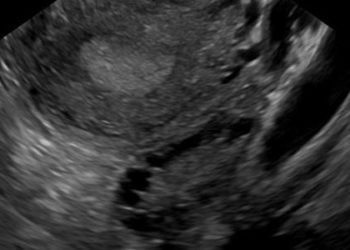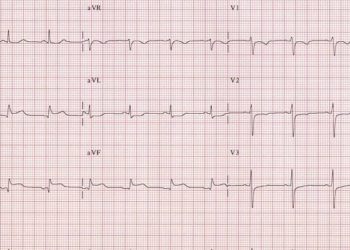Behavioral intervention produces sustained change in physical activity in type 2 diabetes patients
1. In this randomized controlled trial, a behavioral intervention increased physical activity and reduced sedentary activity in type 2 diabetes patients.
2. The effects of behavioral intervention were sustained over 3 years.
Evidence Rating Level: 1 (Excellent)
Study Rundown: Regular physical activity is recommended for patients with type 2 diabetes (DM2), though adherence to guideline recommendations is often difficult. Behavioral interventions have been proposed as a way to increase activity in this patient population. In this randomized clinical trial, patients with DM2 who underwent a behavioral intervention had significantly increased physical activity volume, moderate- to vigorous-intensity physical activity, light-intensity physical activity, and reduced sedentary time compared to patients receiving care as usual. Most effects between the groups were sustained over 3 years, though differences were less prominent between the groups for moderate- to vigorous-physical intensity at 3 years.
Overall, this study suggests that behavioral interventions may lead to sustained increases in physical activity and reduction in sedentary time. Though well-designed, it is unclear if the results will generalize to other populations outside of an urban, European city. In addition, each health care system would need to evaluate this behavioral intervention independently to determine if it is effective from a cost-benefit perspective.
Click to read the study in JAMA
Relevant Reading: Physical Activity/Exercise and Diabetes: A Position Statement of the American Diabetes Association
In-Depth [randomized controlled trial]: This open-label, assessor-blinded, parallel, randomized clinical superiority trial was conducted at 3 different tertiary referral outpatient clinics in Rome, Italy. Inclusion criteria for patients included a diagnosis of DM2 for at least 1 year, age 40 to 80 years, body mass index between 27 and 40, sedentary lifestyle (>8 hours of time away spent awake in sitting or in reclining posture) for at least 6 months, ability to walk 1.6 km without assistance, and clearance by a cardiologist. Patients were recruited between October 2012 to February 2014, with follow-up until February 2017. 300 patients (89% study completion rate) were randomized 1:1 to a behavioral intervention or standard care group. The behavioral intervention consisted of 1 individual theoretical counseling session and 8 individual biweekly theoretical and counseling sessions each that were conducted over 3 years, while standard care included only general physician recommendations. An accelerometer was used to measure levels of moderate- to vigorous-intensity physical activity, light-intensity physical activity, and sedentary time. Co-primary endpoints included changes in physical activity volume, time spent in light-intensity physical activity, moderate- to vigorous-intensity physical activity, and sedentary-time from baseline over a 3-year period. There were several secondary endpoints that included cardiorespiratory fitness and improvement in modifiable cardiovascular risk factors that included hemoglobin A1c and systolic and diastolic blood pressures. Overall, participants in behavioral intervention had significantly increased physical activity volume (13.8 vs 10.5 metabolic equivalent-h/wk, p < 0.001), moderate- to vigorous-intensity physical exercise (18.9 vs 12.5 min/d, p < 0.001), light-intensity physical activity (4.6 vs 3.8h/d, p < 0.001), and reduced sedentary time (10.9 vs 11.7 h/d, p < 0.001). These between group-differences were sustained across the 3 years, though between-group differences for moderate- to vigorous-intensity physical activity decreased (6.5 to 3.9 min/d) during the third year.
Image: PD
©2019 2 Minute Medicine, Inc. All rights reserved. No works may be reproduced without expressed written consent from 2 Minute Medicine, Inc. Inquire about licensing here. No article should be construed as medical advice and is not intended as such by the authors or by 2 Minute Medicine, Inc.







![CRISPR-mediated gene activation rescues obesity caused by haploinsufficiency [PreClinical]](https://www.2minutemedicine.com/wp-content/uploads/2019/03/CRISPR-75x75.jpg)

